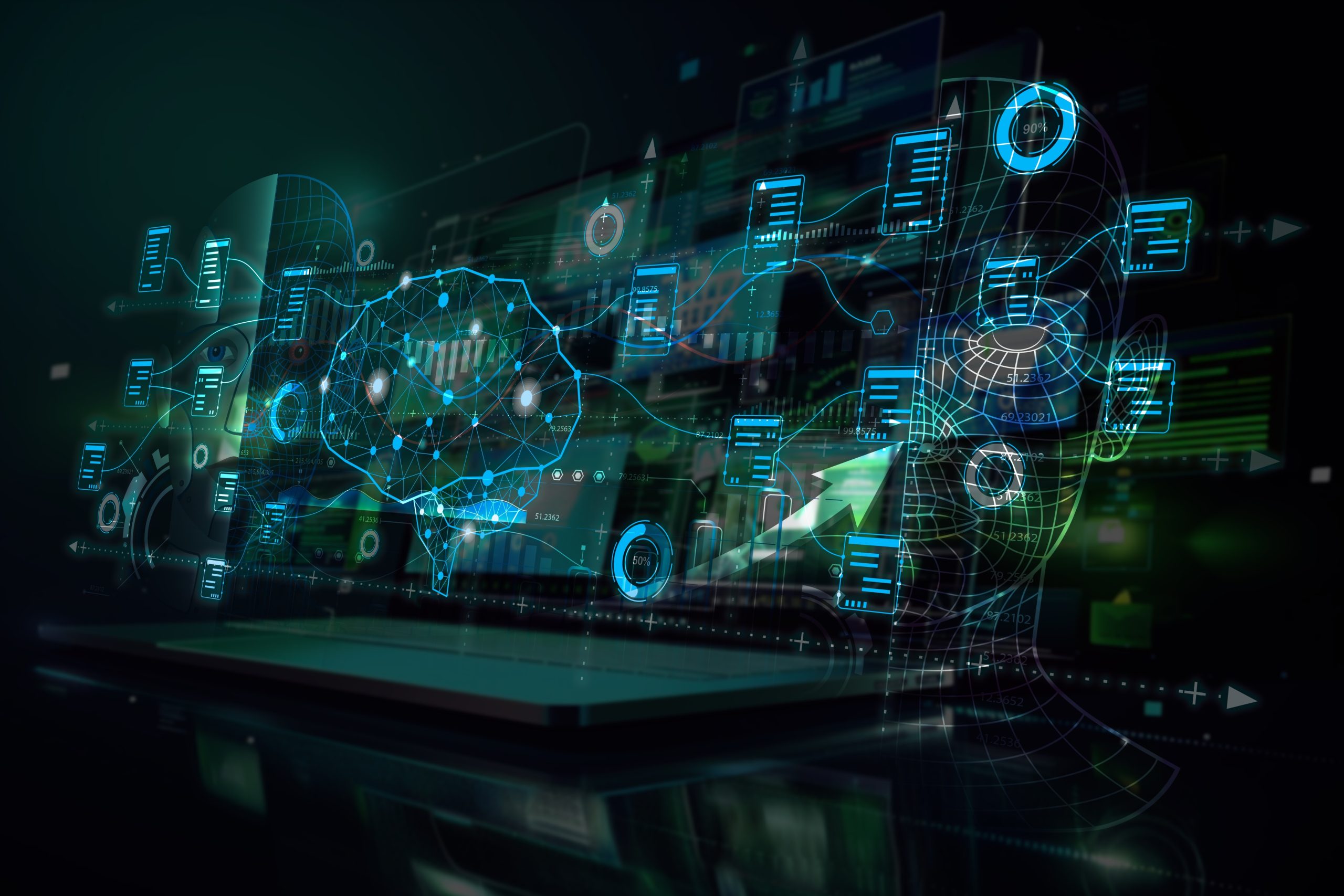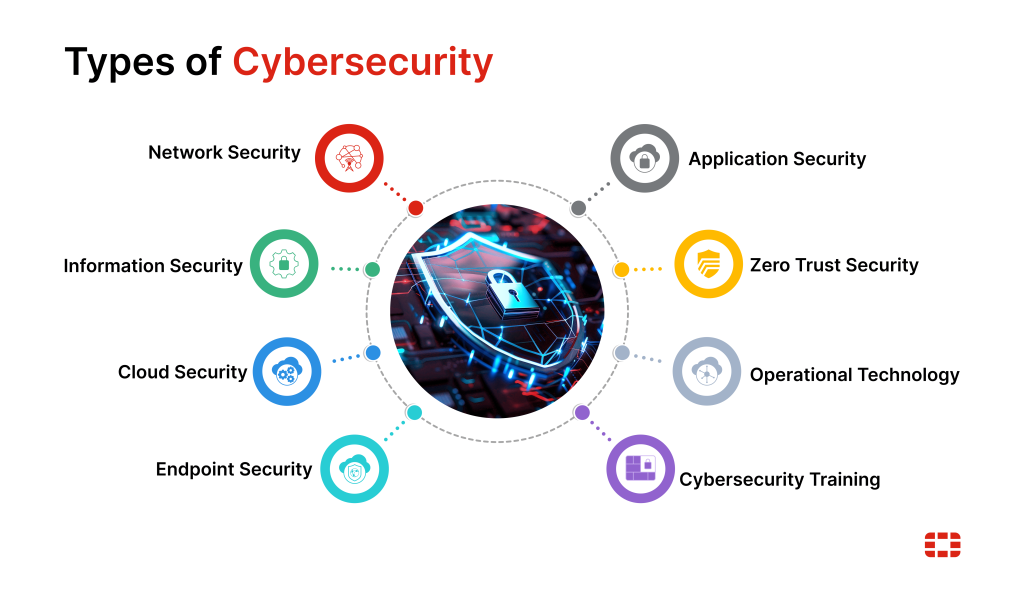The Future of IT: How Emerging Technologies Are Transforming Businesses

Introduction: The Rapid Evolution of IT
IT has no longer been a support department in any business, but has become the main growth, innovations and competitive force. Since the inception of mainframes and simple data storage, IT has developed to become a sphere that drives artificial intelligence, cloud-based computing, and worldwide digital cooperation.
In the current day, companies that are adopting the use of IT are not only surpassing their rivals but also opening up new worlds of opportunities and industries altogether. The speed of technological progress implies that an organization should continuously change, innovate, and adopt new solutions. Here, we shall be discussing the significant technologies that are defining tomorrow in the world of IT and how they are changing the way we work, live, and conduct business.
Cloud Computing: Driving Scalability and Flexibility
Cloud computing is one of the largest game-changers in the IT. The companies do not have to spend a lot of money on on-site servers and data centers. In place of that, cloud services like AWS, Microsoft Azure, and Google Cloud are providing on-demand storage, processing capability, and tools.
The benefits are massive:
- Scalability: Teams can access applications and data from anywhere.
- Cost efficiency: Pay as you go models minimize initial expenses.
- Remote work support: The teams are able to access data and applications anywhere.
Moreover, the hybrid approach and multi-cloud are becoming common. The methods provide flexibility, improved performance and disaster recovery plans to the organizations.
Artificial Intelligence & Machine Learning in IT
Artificial Intelligence (AI) and Machine Learning (ML) are not the thing of the future anymore they belong to the routine of business activities. Chatbots that offer customer care, algorithms that detect fraud in real-time, AI is making efficiency redefined.
Some practical uses of AI in IT include:
- Automation: Substituting stalemate work with smart robots.
- Predictive analytics: Assisting companies in predicting trends and making evidence-based decisions.
- Cybersecurity: Artificial intelligence that recognizes and prevents threats more quickly than human beings.
The implementation of AI also brings new possibilities of personalization, interaction with customers, and more intelligent business.
Cybersecurity in the Digital Era

With increased use of digital solutions in business, it makes cybersecurity a very important issue. Cyberattacks, data breaches, and ransomware are on the rise and cost the organizations billions of dollars every year. Sensitive information must no longer be considered a bonus, but one of the top priorities.
Key cybersecurity strategies include:
- Zero Trust Architecture: Always verify, never trust approach to access.
- AI-driven threat detection: Detection of suspicious patterns and preventing violations in time.
- Employee awareness training: Lessening human errors as causes of cyber risks.
Companies that do not focus on cybersecurity are not only losing funds but they are also losing reputation.
Internet of Things (IoT) and Smart Infrastructure
Everything is being linked together by the Internet of Things (IoT) cars, appliances, factory machines, and medical equipment. These inter-related systems gather useful information that companies can utilize to enhance work and provide more quality services.
Some key industries benefitting from IoT:
- Healthcare: Wearable health devices and remote monitoring of patients.
- Logistics: Intelligent tracking order and supply chain management.
- Smart cities: Environmentally friendly lighting, traffic control, and better security of the population.
The increased number of devices connected to the IoT emphasizes the significance of powerful IT infrastructures to manage, protect, and process large amounts of information.
DevOps and Agile Practices in IT
Conventional IT development was commonly in siloed and slow. There is nowadays practice of DevOps and Agile that promote collaboration between developers and operations teams and stakeholders. The effect of this is to decrease delivery time, reduce mistakes, and more customer-oriented solutions.
CI/CD pipelines (Continuous Integration and Continuous Deployment) enable the automatic testing and deployment of software, minimizing downtimes and accelerating innovation. DevOps results in businesses being agile, resilient, and responsive to the market.
The Role of IT in Remote Work & Digital Collaboration
IT was the center of a huge transition to remote work that occurred because of the COVID-19 pandemic. Microsoft Teams, Slack, Zoom, and Google Workspace are some of the tools that have enabled global collaboration to be smooth.
Remote work success depends on IT’s ability to provide:
- Trustworthy communication media.
- Secure VPNs and cloud access.
- Digital productivity tools.
However, with the ever-changing hybrid work models, IT will still provide employees with efficient work opportunities, regardless of their location.
Future Trends: Quantum Computing, Blockchain, and Beyond
Although the technologies that exist today are revolutionary, there are even more radical changes that can be seen in the future.
- Quantum Computing: It is predicted to resolve complicated issues within seconds, which require the use of supercomputers years.
- Blockchain: It is already making finance look different with the help of cryptocurrencies, yet it can be applied to transparency in supply chains and secure contracts, too.
- Augmented & Virtual Reality: Changing the experience of training, education, and entertainment.
The technologies remain in their infancy, however, those companies that monitor them today will be ahead of their competitors tomorrow.
Conclusion: Preparing for the IT-Driven Future
The future of IT is not only new tools, but also the ability of the businesses to evolve, improve, and use technology as a means of creating value. The businesses that already adopt cloud computing, artificial intelligence, cybersecurity, Internet of Things, and agile are already the pioneers of their respective markets.
Simultaneously, employees and professionals have to embrace the culture of lifelong learning and keep abreast with trends and reskill in case of need. An IT driven future is a place where one must be flexible to be any tool that a business or an individual could possess.

